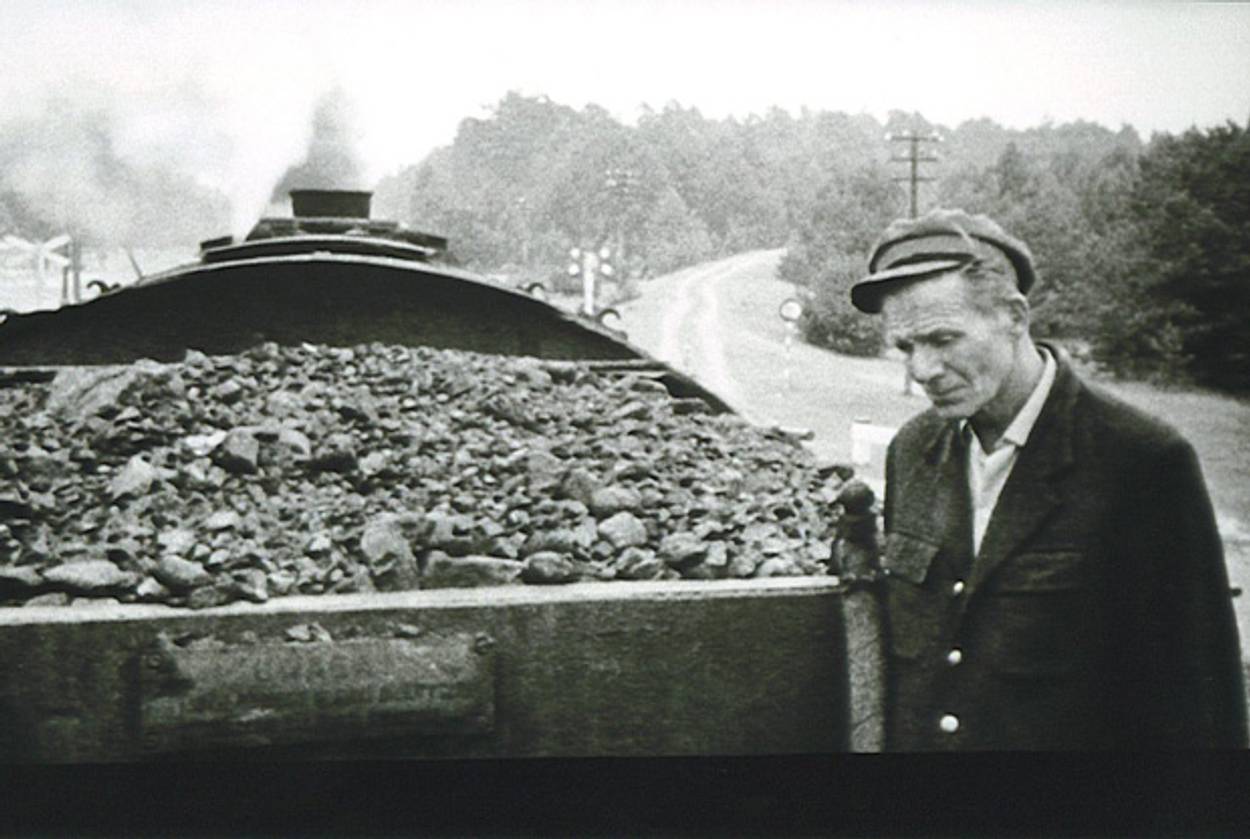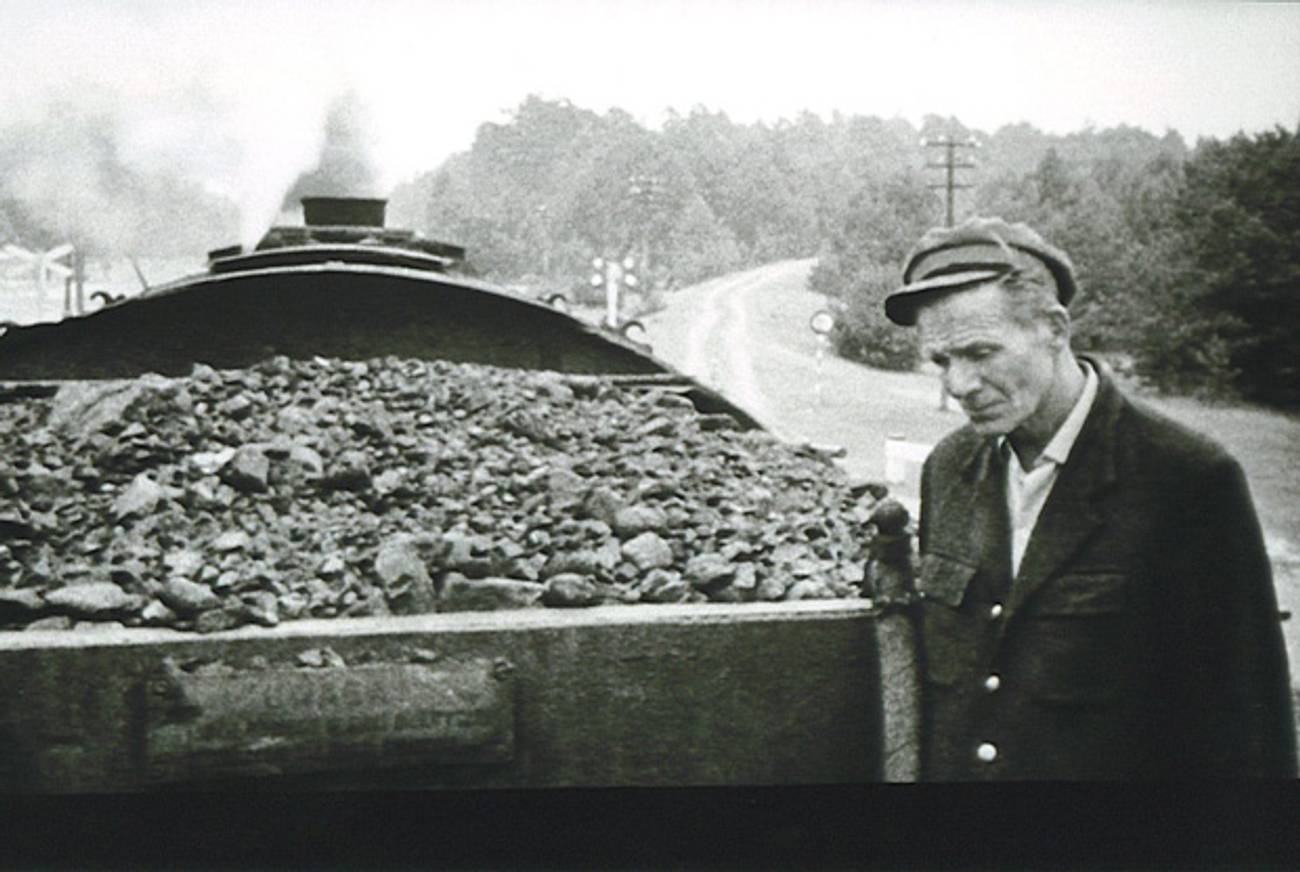No. 17: Shoah
The Holocaust as a human event




1985, dir. Claude Lanzmann. How to understand an event so momentous and monstrous as the Holocaust? Claude Lanzmann’s approach, which he described as “fiction of the real,” was to insist that people speak. By which he meant all people: those who drove the train to Treblinka while drunk on vodka, those who somehow survived unimaginable terrors, and those who stood by and did nothing. Sometimes, the speaking was cajoled, even purloined—like the SS officer who agreed to speak to Lanzmann off the record but was instead taped with a hidden camera and forced onto the historical stage. By pasting together nearly 10 hours of testimonies, Lanzmann not only preserves these accounts of our darkest hour in perpetuity, but also manages to tear off the veil of mystification. He shows us the Holocaust as a human event—complex, intricate, but eminently understandable, which is to say, the kind of event that can be studied rather than forgotten or, worse, abused.
Liel Leibovitz is editor-at-large for Tablet Magazine and a host of its weekly culture podcast Unorthodox and daily Talmud podcast Take One. He is the editor of Zionism: The Tablet Guide.